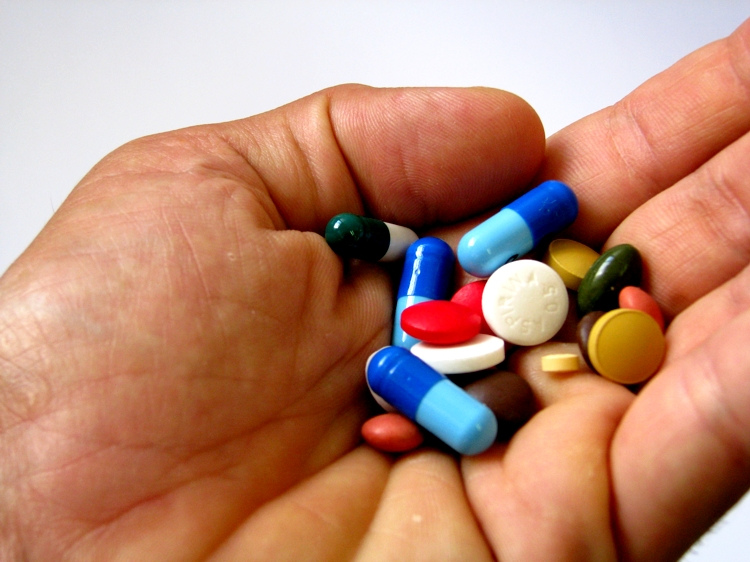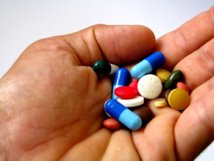Office of the Food and Drug Administration (FDA) should issue special vouchers according to amendments to US law, adopted in 2007 and 2012. They require FDA to consider new drugs applications from companies, owning such securities, no longer than six months, rather than the standard 10 months. These vouchers were designed to stimulate development of medicines for rare pediatric or tropical diseases. While these documents do not guarantee that an application will be approved, they give companies a chance to beat the competition and bring products to market sooner.
Vouchers are usually bought by manufacturers, who have already developed drugs approved for sale. Companies can resell them, so there quickly emerged an attractive secondary market. In August, AbbVie agreed to buy a voucher for $ 350 million from the United Therapeutics. The security was received for development of a cancer drug Unituxin for children. Before that, in July 2015 Sanofi purchased a similar voucher from Retrophin for $ 245 million.
As the prices for vouchers are rising, many, including FDA, are criticizing the program. It allows companies to "buy" a priority for their applications, distracting FDA from other important work, said the office’s representative. Usually, she said, companies use the vouchers for medicines, which are not subject to expedited review under other circumstances.
Vouchers benefit the companies, but they are sometimes given to those who are not actively engaged in the drugs developmen, says Aaron Kesselheim of Harvard Medical School: "We see no evidence that these vouchers stimulate necessary researches."
In March, United Therapeutics received a voucher for the Unituxin drug, designed to cure neuroblastoma. Initially, But in its development was engaged US National Cancer Institute, but in 2010 United Therapeutics reached an agreement with them about conduct of the drug’s clinical trials at later stages, as well as its production and sale. According to Andrew Fisher of United Therapeutics, the company decided to participate in development of Unituxin before the voucher program was launched.
Rising prices for vouchers are also facilitated by the fact that there is only eight of them. In addition, the program will expire in 2016, if Congress do not renew it. Earlier in 2015, politicians introduced a bill to make it permanent, but it has not yet been adopted.
source: wsj.com
Vouchers are usually bought by manufacturers, who have already developed drugs approved for sale. Companies can resell them, so there quickly emerged an attractive secondary market. In August, AbbVie agreed to buy a voucher for $ 350 million from the United Therapeutics. The security was received for development of a cancer drug Unituxin for children. Before that, in July 2015 Sanofi purchased a similar voucher from Retrophin for $ 245 million.
As the prices for vouchers are rising, many, including FDA, are criticizing the program. It allows companies to "buy" a priority for their applications, distracting FDA from other important work, said the office’s representative. Usually, she said, companies use the vouchers for medicines, which are not subject to expedited review under other circumstances.
Vouchers benefit the companies, but they are sometimes given to those who are not actively engaged in the drugs developmen, says Aaron Kesselheim of Harvard Medical School: "We see no evidence that these vouchers stimulate necessary researches."
In March, United Therapeutics received a voucher for the Unituxin drug, designed to cure neuroblastoma. Initially, But in its development was engaged US National Cancer Institute, but in 2010 United Therapeutics reached an agreement with them about conduct of the drug’s clinical trials at later stages, as well as its production and sale. According to Andrew Fisher of United Therapeutics, the company decided to participate in development of Unituxin before the voucher program was launched.
Rising prices for vouchers are also facilitated by the fact that there is only eight of them. In addition, the program will expire in 2016, if Congress do not renew it. Earlier in 2015, politicians introduced a bill to make it permanent, but it has not yet been adopted.
source: wsj.com



















